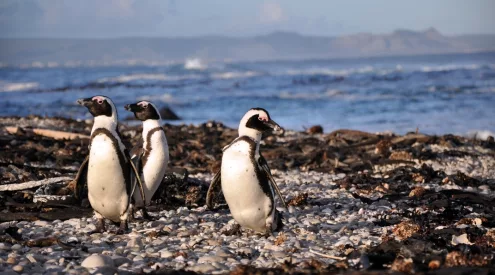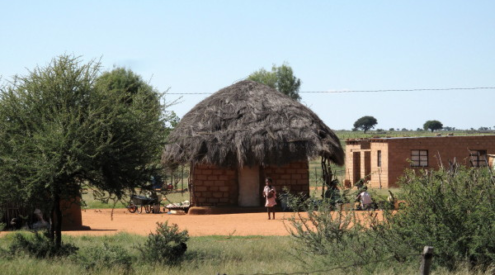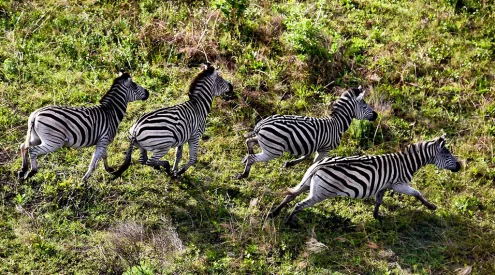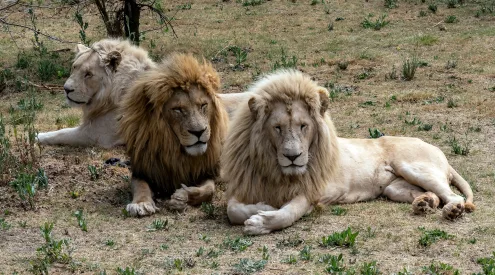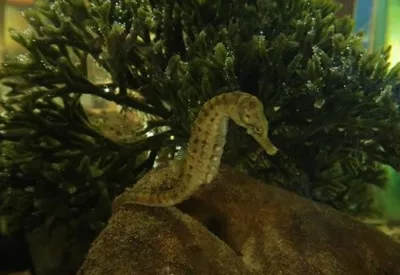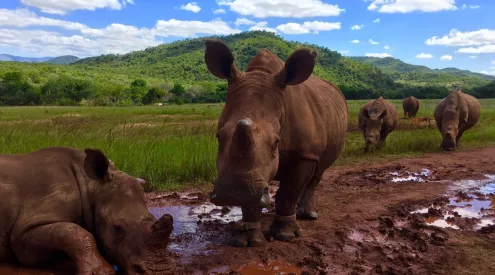Pangolins have been spared from China’s official traditional medicine list for 2020 for the first time in decades. Pangolin scales are used to treat a number of ailments despite having no scientifically proven medicinal benefits.
There are four species of this scaly mammal found in Africa and four in Asia. These animals range from vulnerable to critically endangered on the IUCN’s Red List.
Read: South Africa’s rarest: The pangolin
Removing them from the official list of Chinese Pharmacopoeia was announced in a statement made by the state-owned Health Times. Pangolins were also shifted up from Class 2 to Class 1 on the country’s wildlife protection laws according to National Geographic. They are now protected at the same level as panda bears.
Read: Panda escapes enclosure in Denmark zoo
‘On June 5, the State Forestry and Grassland Administration issued a notice on pangolin adjustment protection level (2020 No. 12): In order to strengthen the protection of pangolins, with the approval of the State Council, all species of pangolins were adjusted from the national second-level protected wild animals to the country First-level protection of wild animals. Effective from the date of announcement,’ said the Health Times statement.
In a statement, NPO Save Pangolins explained what the new protection class means: ‘Under this new status, Chinese and Sunda pangolins are given multi-faceted protections: the government will allocate more resources to monitoring pangolin populations in the wild, increase patrols to prevent poaching, and strengthen protection of their habitat. In conjunction, the government has committed to educating the greater public about the status of pangolins as an endangered species.’
Pangolins are the most trafficked non-human mammal. Their plight has been highlight around the world but even more so due to the outbreak of COVID-19.
Scientists discovered that these animals can carry related strains of coronavirus similar to COVID-19 according to BBC. Investigations around whether illegally trafficked pangolins may have transferred the virus from animals to humans have been conducted but are indefinite. It therefore cannot be said for sure that the virus originated from the consumption of pangolins.
Nicole Benjamin-Fink of Conservation Beyond Borders said: ‘Whether pangolins served as the conduit for COVID-19 or not, it’s time to halt the demand for the most trafficked mammals worldwide. Let’s hope that this ban is the first in a series that ultimately ban all wildlife usage in traditional Chinese medicine,’ according to BBC.
Interesting pangolin facts:
– A baby pangolin is called a pangopup
– Pangolins are the only mammals to have protective scales covering their skin
– Pangolins live in hollow trees as well as burrows
– Some species of pangolin have a tongue that measures over 40 cm
– Pangolins can live up to the age of 45
Image credit: Kosie Lategan/ Getaway Gallery

